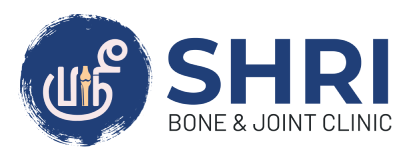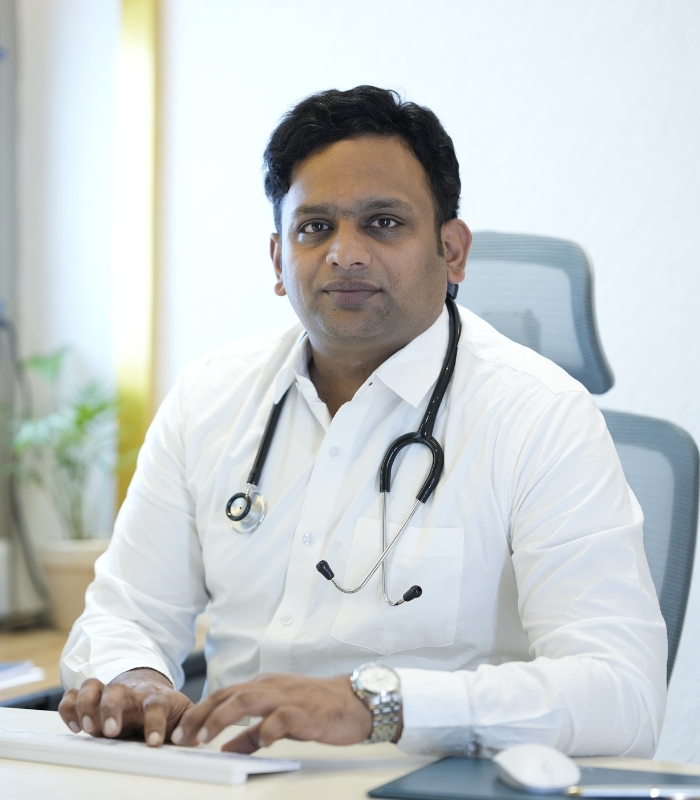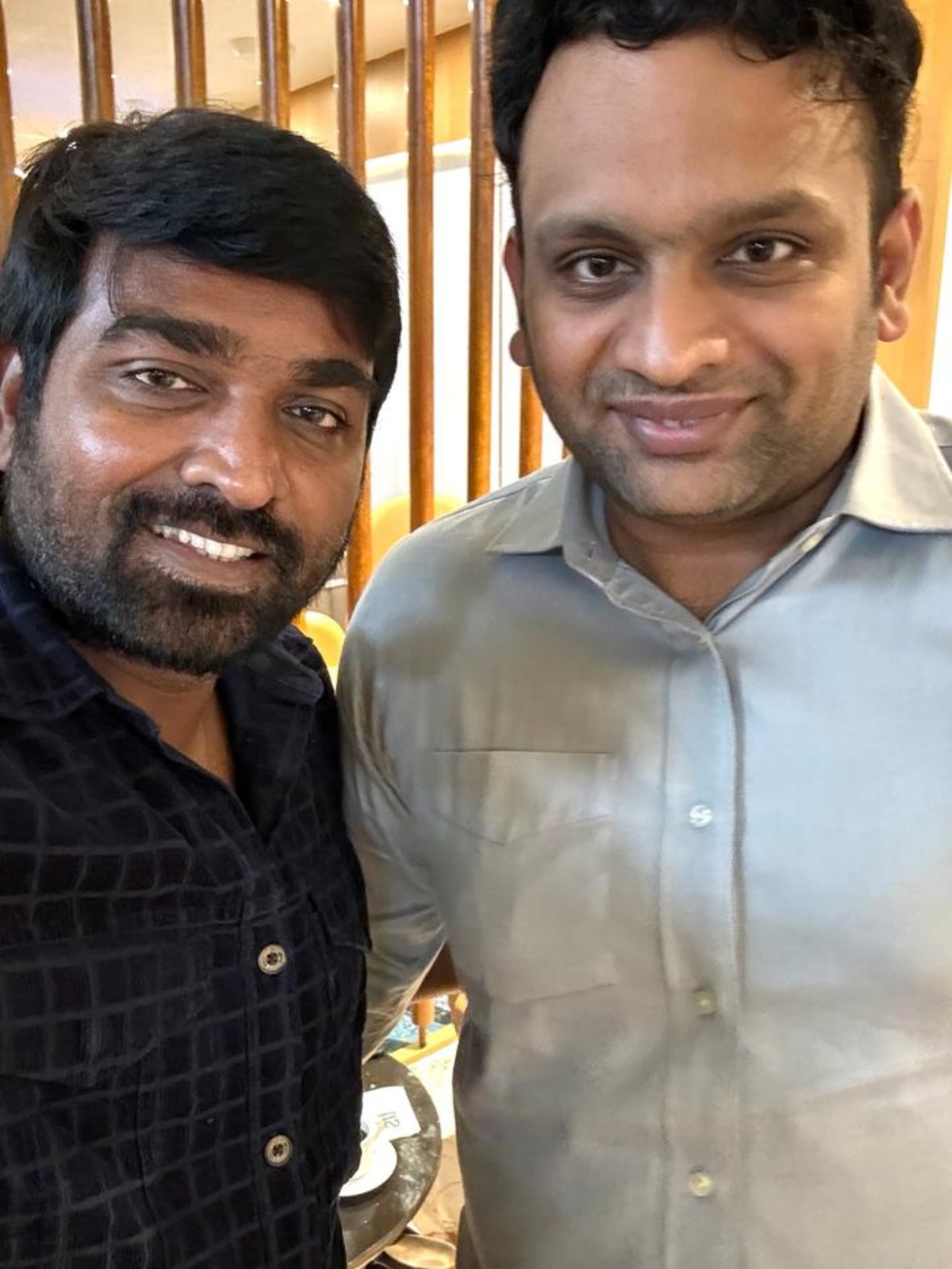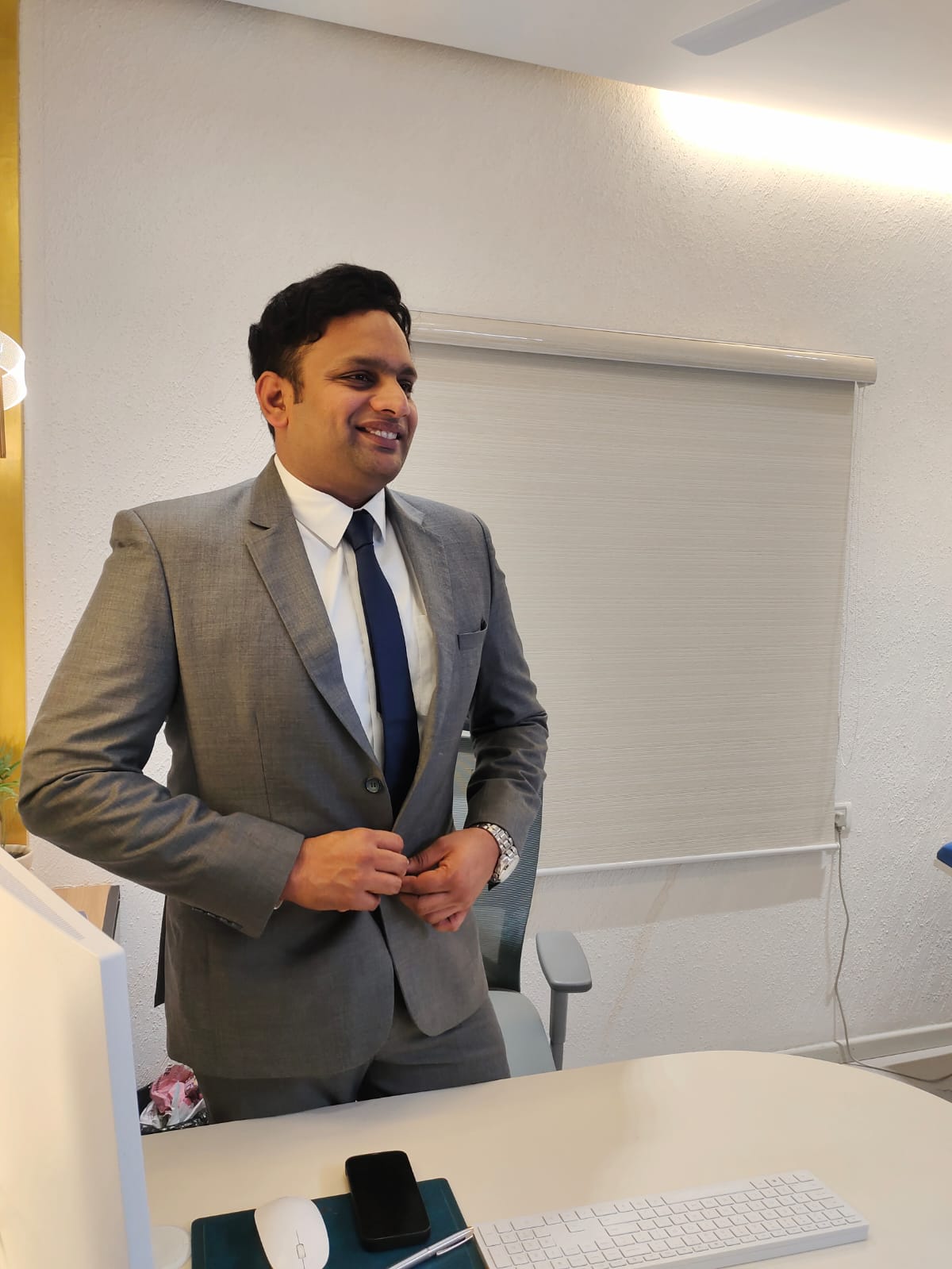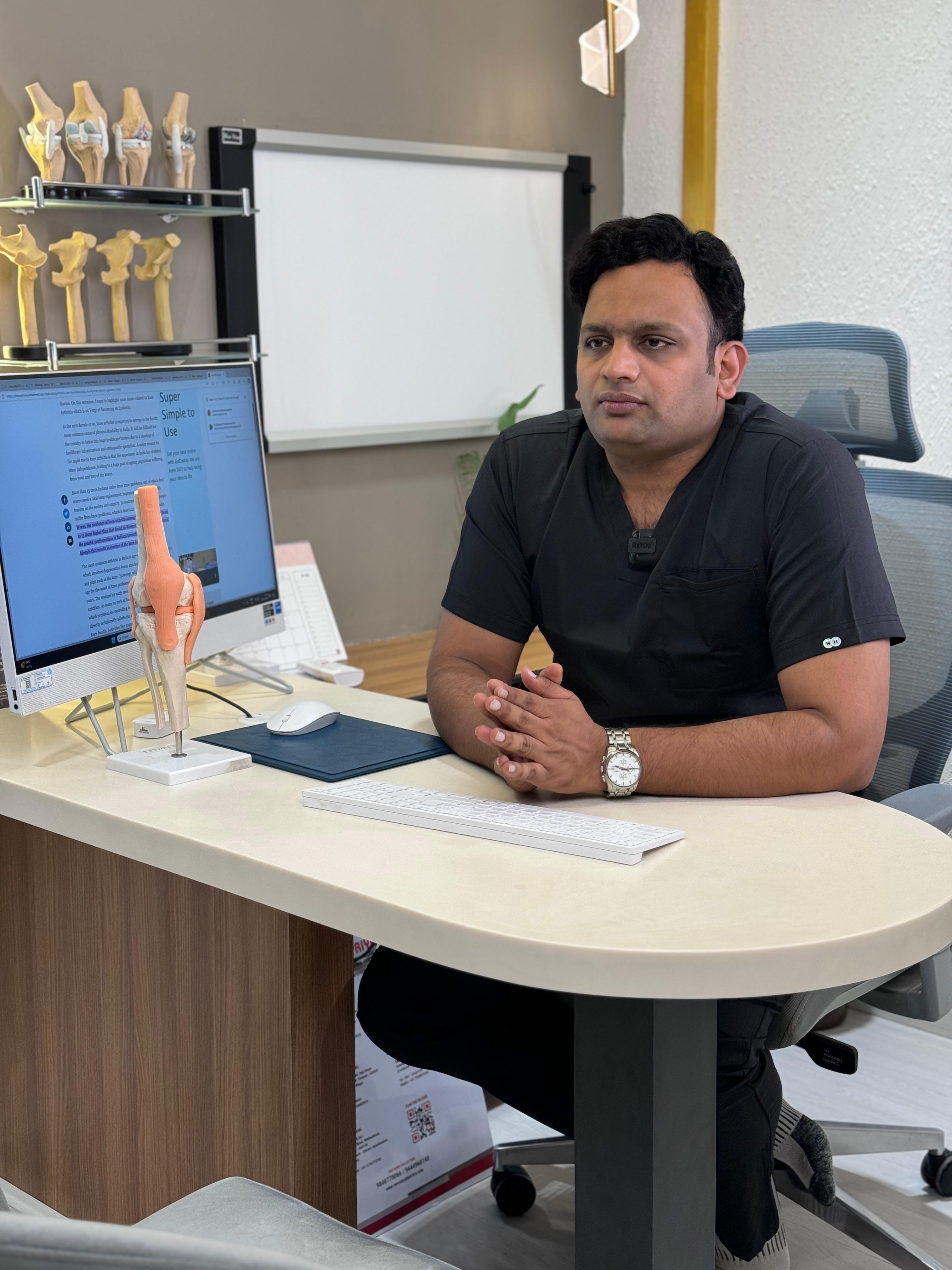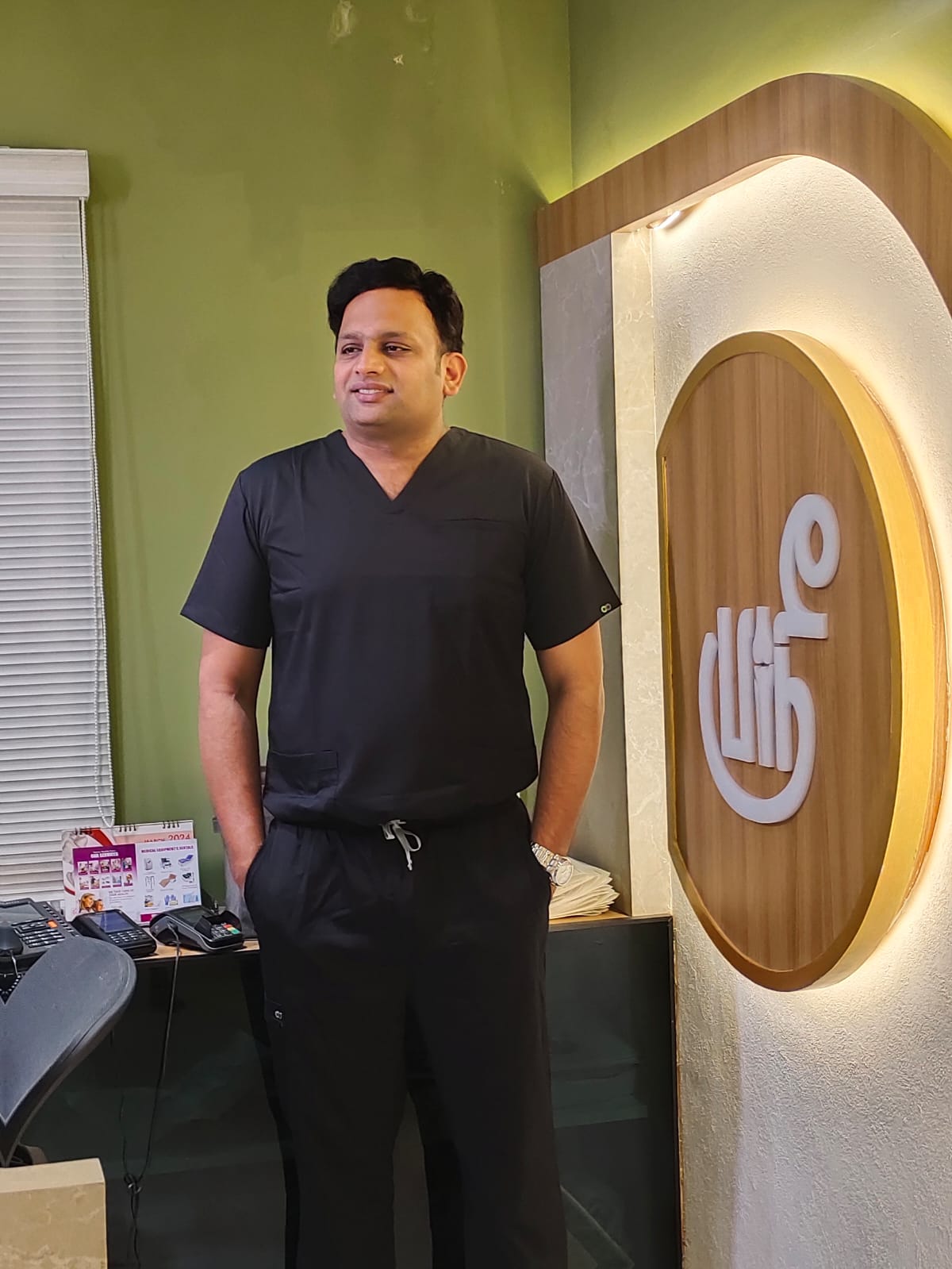What is Snapping Scapula?
Snapping scapula, also known as scapulothoracic bursitis or crepitus, is a condition characterized by a snapping, grinding, or popping sensation around the shoulder blade (scapula) as it moves against the ribcage. This condition is often associated with pain and discomfort and can significantly affect shoulder movement and function.
Causes
Bony Abnormalities:
- Irregularities or abnormalities in the shape of the scapula or the ribcage can cause the bones to rub against each other.
- Osteophytes (bone spurs) may develop on the scapula or ribs, contributing to the snapping sensation.
Soft Tissue Issues:
- Inflammation or thickening of the bursae (fluid-filled sacs that reduce friction between the scapula and the ribcage) can lead to pain and snapping.
- Muscle imbalances or tightness in the surrounding muscles, particularly the serratus anterior, trapezius, and rhomboids, can cause improper scapular movement.
Injuries:
- Trauma or repetitive strain injuries to the shoulder area can result in inflammation, scar tissue formation, and snapping.
Risk Factors
Anatomical Abnormalities:
- Bone Spurs: Extra bone growths on the scapula or ribs.
- Malunion or nonunion of fractures: Improper healing of fractures in the scapula, ribs, or spine.
Muscle Imbalance or Weakness:
- Weakness or imbalance in the muscles surrounding the scapula, such as the serratus anterior, trapezius, or rhomboids.
Overuse and Repetitive Motion:
- Activities involving repetitive shoulder movements, like swimming, rowing, or throwing sports.
Inflammation:
- Inflammation of the bursa (bursitis) between the scapula and the thoracic wall.
Poor Posture:
- Chronic poor posture leading to abnormal scapular movement.
Trauma:
- Direct trauma or injury to the scapula or shoulder region.
Symptoms
Audible Snapping or Popping Sound:
- A distinct sound that can be heard during shoulder movement, particularly when raising or lowering the arm.
Pain or Discomfort:
- Pain around the shoulder blade, especially with movement.
- Pain may be dull and achy or sharp and severe, depending on the extent of the underlying issue.
Grinding or Grating Sensation:
- A feeling of grinding or grating in the shoulder blade area during arm movement.
Reduced Range of Motion:
- Limited ability to move the shoulder and arm freely without discomfort.
Muscle Weakness:
- Weakness in the muscles surrounding the scapula, which may affect shoulder stability and movement.
Swelling or Inflammation:
- Swelling or tenderness around the shoulder blade, often indicating bursitis or other inflammatory conditions.
Localized Tenderness:
- Tenderness when pressing on specific areas around the scapula.
Fatigue in Shoulder Muscles:
- Fatigue or tiredness in the shoulder muscles after minimal activity.
Diagnosis
Patient History:
- Detailed account of symptoms, including the onset, duration, and activities that exacerbate or alleviate the condition.
- History of any trauma, overuse, or repetitive shoulder movements.
Physical Examination:
- Inspection and palpation of the scapula and surrounding areas.
- Observation of shoulder movements to identify audible snapping, popping, or grinding sounds.
- Assessment of range of motion, muscle strength, and any tenderness around the scapula.
Imaging Studies:
- X-rays: To detect bony abnormalities such as bone spurs or malunion of fractures.
MRI (Magnetic Resonance Imaging): To evaluate soft tissue structures, including the muscles, tendons, and bursae, for inflammation or other issues. - CT (Computed Tomography) Scans: For detailed images of the bone structure if X-rays are inconclusive.
- Ultrasound: To assess dynamic movement and identify any fluid-filled bursae or muscle tears.
Other Diagnostic Tests:
- Scapulothoracic Injections: Local anesthetic injections to determine if pain relief is achieved, confirming the scapulothoracic joint as the pain source.
Treatment Options
Non-Surgical Treatment Options
Rest and Activity Modification
- Avoid activities that exacerbate symptoms.
Gradual return to activities as symptoms improve.
Physical Therapy
- Strengthening Exercises: Focus on scapular stabilizers (serratus anterior, rhomboids, trapezius).
- Stretching Exercises: Improve flexibility of the shoulder and chest muscles.
- Postural Training: Correct poor posture to prevent abnormal scapular movement.
- Manual Therapy: Techniques to improve scapular mobility and reduce muscle tightness.
Nonsteroidal Anti-inflammatory Drugs (NSAIDs)
- Medications like ibuprofen or naproxen to reduce pain and inflammation.
Ice or Heat Therapy
- Applying ice packs to reduce inflammation or heat packs to relax muscles and relieve pain.
Corticosteroid Injections
- Injections to reduce severe inflammation and pain, particularly effective in cases of bursitis.
Ultrasound Therapy
- Use of sound waves to reduce inflammation and promote healing.
Electrotherapy
- Electrical stimulation to alleviate pain and improve muscle function.
Dry Needling or Acupuncture
- Techniques to release muscle tension and reduce pain.
Surgical Treatment Options
Bursa Removal (Bursectomy)
- Surgical removal of the inflamed bursa if conservative treatments fail.
Scapular Decompression
- Removing bone spurs or other bony abnormalities causing the snapping.
Muscle and Tendon Realignment
- Surgical procedures to correct muscle or tendon issues contributing to the condition.
Partial Scapulectomy
- Removal of a portion of the scapula to alleviate symptoms.
Endoscopic Surgery
- Minimally invasive surgery using small incisions and a camera to guide the removal of inflamed tissue or bone spurs.
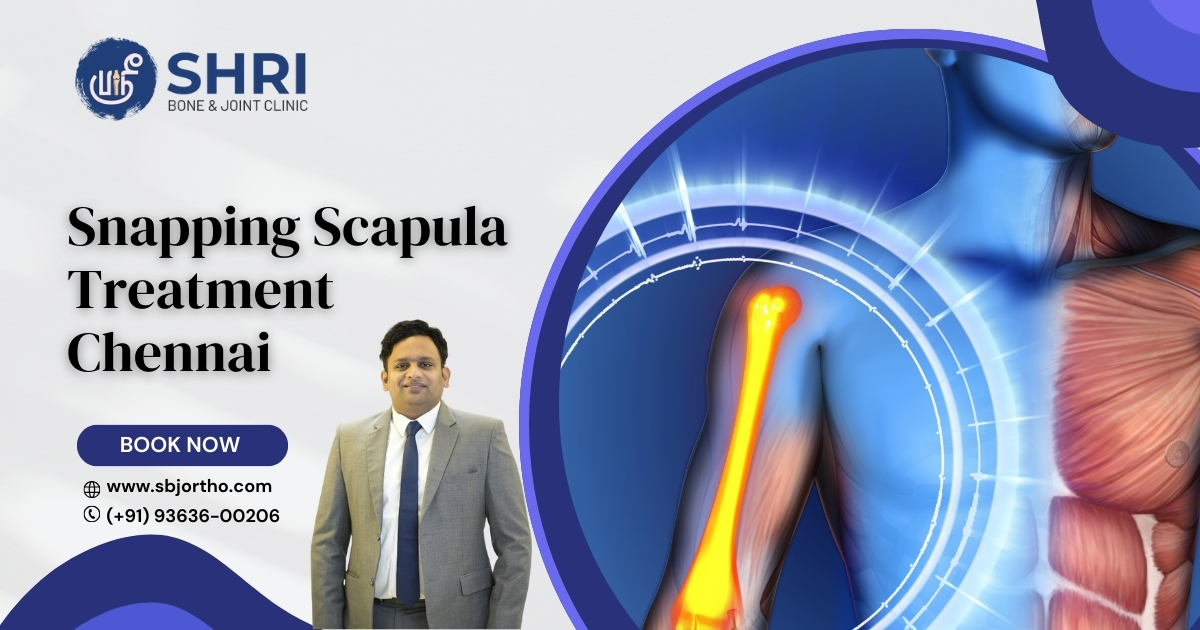
Rehabilitation and Recovery
Rehabilitation and recovery from snapping scapula syndrome involve a structured program to restore normal function, alleviate pain, and prevent recurrence. Here’s a concise overview:
Early Rehabilitation (Acute Phase)
1.Rest and Activity Modification
- Limit activities that exacerbate symptoms.
- Use ice therapy to reduce inflammation and pain.
2. Pain Management
- NSAIDs or corticosteroid injections as prescribed by a physician.
Intermediate Rehabilitation (Subacute Phase)
Physical Therapy
- Strengthening Exercises: Focus on scapular stabilizers (serratus anterior, rhomboids, trapezius).
- Stretching Exercises: Improve flexibility of shoulder and chest muscles.
- Manual Therapy: Techniques to improve scapular mobility and reduce muscle tightness.
Postural Training
- Education on maintaining proper posture during daily activities.
Functional Training
- Gradual reintroduction to activities and sports with proper technique to avoid overuse.
Advanced Rehabilitation (Recovery Phase)
Progressive Strengthening
- Increase the intensity and duration of strengthening exercises as tolerated.
Endurance Training
- Incorporate exercises that improve overall shoulder endurance.
Functional Movements
- Integrate sport-specific or activity-specific movements to ensure a smooth transition back to normal activities.
Maintenance
Regular Exercise
- Continue a regimen of strengthening and stretching exercises to maintain shoulder health.
Postural Awareness
- Maintain good posture to support proper scapular movement.
Follow-Up
- Regular check-ups with a healthcare professional to monitor progress and adjust the rehabilitation plan as needed.
Why Choose Shri Bone & Joint Clinic for Snapping Scapula Treatment in Chennai, India?
Shri Bone & Joint Clinic in Chennai, India, stands out for snapping scapula treatment due to our renowned orthopedic specialists. Led by the best orthopedic specialists in Chennai, the clinic offers expert diagnosis and personalized treatment plans.
With state-of-the-art facilities and a focus on patient care, Shri Bone & Joint Clinic provides comprehensive care for snapping scapula syndrome. Our multidisciplinary approach, including physiotherapy and surgical options if necessary, ensures the best possible outcomes for patients, making it a top choice for those seeking effective and compassionate care.
Best Doctor for Snapping Scapula Treatment in Chennai, India
Dr. Shriram Krishnamoorthy at Shri Bone & Joint Clinic is a leading expert in snapping scapula treatment and Total Shoulder Replacement/Arthroplasty in Chennai, India. With extensive experience and a patient-centered approach, Dr. Krishnamoorthy offers advanced surgical options for shoulder conditions, including Total Shoulder Replacement and Reverse Shoulder Replacement.
His expertise in shoulder arthroplasty ensures optimal outcomes for patients, relieving pain and restoring function. Dr. Krishnamoorthy’s commitment to excellence and compassionate care makes him the best choice for those seeking high-quality treatment for snapping scapula and shoulder arthroplasty in Chennai.
Cost of Snapping Scapula Surgery in Chennai, India
The cost of snapping scapula surgery in Chennai, India, can vary depending on several factors, including the specific procedure required, the hospital or clinic chosen, the surgeon’s fees, and any additional treatments or services needed.
On average, the cost of surgery for snapping scapula syndrome can range from INR 50,000 to INR 2,00,000 or more. Get the best snapping Scapula Surgery at an affordable price from Shri Bone & Joint Clinic in Chennai, India.
Can snapping scapula be cured?
Yes, snapping scapula can often be cured with conservative treatments like physical therapy, posture correction, and anti-inflammatory medications.
Does snapping the scapula require surgery?
Surgery is rarely needed for snapping scapula; most cases improve with conservative treatments like physical therapy and medication.
How long does snapping scapula last?
The duration of snapping scapula varies; it may resolve with conservative treatments or persist, requiring further management or surgery.
What happens if snapping scapula syndrome is left untreated?
Untreated snapping scapula syndrome can lead to chronic pain, limited shoulder movement, and difficulty performing daily activities.
Does massage help scapula pain?
Yes, massage therapy can help relieve scapula pain by reducing muscle tension, improving circulation, and promoting relaxation and healing.
Better Health Care is Our Mission
Phone
Shri Bone & Joint clinic
No.14/31, 3rd Avenue Indira Nagar, Adyar, Chennai-600020
Phone: 044 4505 5509
